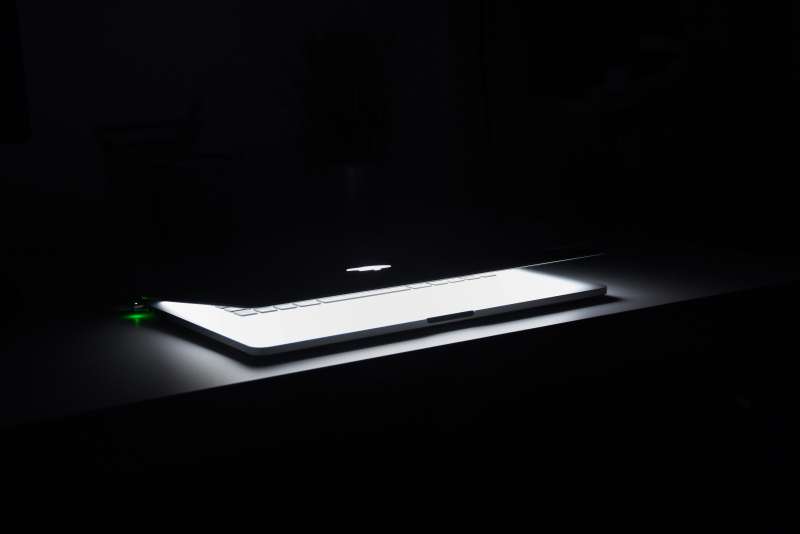Information Detox: How Digital Minimalism Awakens True Connection
Published on: April 29, 2025
In the era of technology and digitalization, we are constantly connected to the world through our smart devices. Our lives revolve around technology, and it is hard to imagine a day without our phones or laptops. As convenient as they may be, being constantly connected comes with its own set of problems. We are constantly bombarded with information, so much so that it becomes overwhelming. This is where the concept of digital detox comes into play.
Digital detox, also known as information detox, is the practice of refraining from using digital devices for a certain period of time. This could range from a few hours to a few days or even weeks. The aim is to reduce stress, focus on social interaction in the physical world and reduce reliance on digital devices.
The Benefits of Digital Detox
There are numerous benefits of digital detox. Some of these include improved mental health, improved physical health, enhanced productivity and creativity, and improved relationships. When we disconnect from the digital world, we give ourselves the opportunity to reconnect with the physical world. We give ourselves the chance to focus on the present, to appreciate the beauty around us, and to spend quality time with loved ones.
Digital Minimalism
Digital minimalism is a philosophy that helps you question what digital communication tools (and behaviors surrounding these tools) add the most value to your life. It is about making conscious decisions to not let technology take over our lives. It's about decluttering our digital life and making room for things that matter the most.
Digital minimalists are all around us. They're the people who are constantly checking their phones, who take a weekend off from social media, who make it a point to engage in real-life conversations. They value their time and they make the most of it.
How to Practice Digital Minimalism
Practicing digital minimalism isn't as hard as it may sound. Here are some steps to get you started:
- Set clear boundaries: Decide when and where you'll use your digital devices. For instance, you can decide to not check your phone after 8 pm or when you're with loved ones.
- Declutter your digital life: Unfollow, unsubscribe and delete apps that don't add value to your life. If you find that social media is causing you stress, take a break from it.
- Engage in real-life activities: Instead of spending your free time scrolling through social media, engage in activities that you enjoy. It could be reading a book, painting, gardening, or simply going for a walk.
Real Facts About Digital Detox and Minimalism
| Fact | Explanation |
|---|---|
| Increased Productivity | Studies have shown that people who practice digital detox and minimalism are more productive. They are able to focus better and get more work done. |
| Improved Mental Health | Overuse of digital devices has been linked to increased stress and anxiety levels. By taking a break from our devices, we give our minds the chance to rest and rejuvenate. |
| Enhanced Relationships | When we disconnect from our devices, we connect with the people around us. We engage in meaningful conversations, which helps in strengthening our relationships. |
| Reduced Dependency on Devices | By practicing digital minimalism, we learn to not rely on our devices for entertainment or validation. We find joy in the simple things in life. |
Conclusion
Digital detox and minimalism are not about completely eliminating technology from our lives. It's about using technology with purpose and intention. It's about realizing that while digital devices make our lives convenient, they do not define our lives. So take a break from your devices and experience the world in its true form.
Remember, the goal is not to completely eliminate technology but to find a balance that works for you. A balance that allows you to enjoy the conveniences of technology without it taking over your life. So why not give digital detox a try? You might be surprised at how refreshing it is.
Here is a great article from The New York Times about the need for digital detox.










